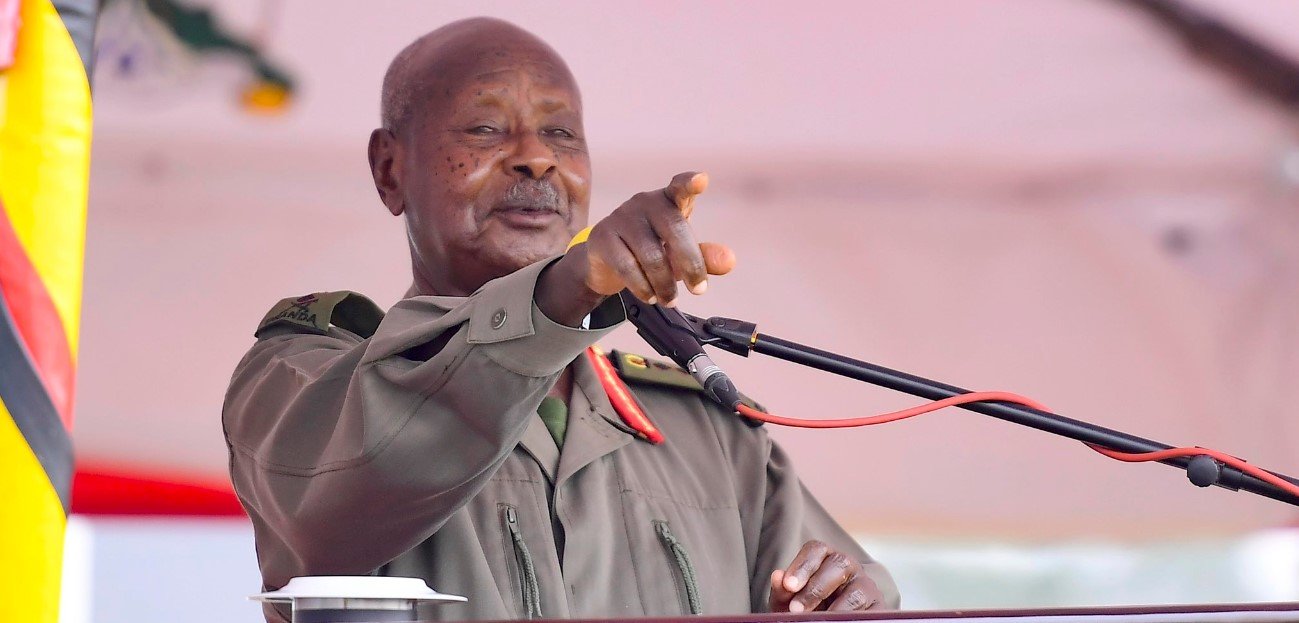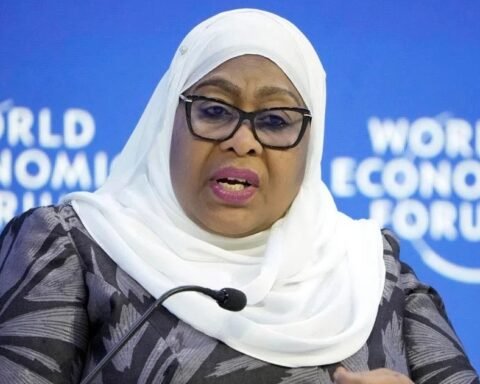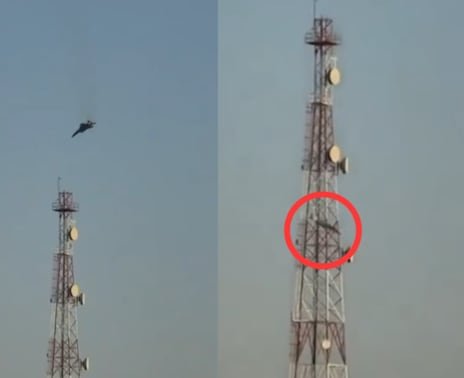President Yoweri Museveni has cautioned citizens against giving money to individuals who claim they can arrange meetings with him, calling the practice “unacceptable” and warning that it undermines trust in government institutions.
Speaking during a meeting with the Army Council at State House, Entebbe, the Ugandan leader revealed that some individuals— including staff within his own office — had been arrested over a scheme to extort money from the public. According to Museveni, members of the public were paying up to 30 million Ugandan shillings just to have their letters delivered to him.
“When these letters reached me, I would respond and often find solutions,” he said. “But the intermediaries were taking large sums from citizens simply for delivery. This is completely unacceptable.”
Museveni disclosed that several suspects had been apprehended and that investigations were ongoing. He stressed that some government offices had been “infiltrated by wrong elements” who use their positions to exploit citizens for personal gain.
The President urged the public to refuse any requests for money in exchange for meetings or correspondence with him. He also called on all government departments to strengthen internal oversight and ensure direct communication channels remain free from manipulation.
Also Read; Africa Emerges as Leader in HIV Research
Uganda has faced long-standing challenges with corruption in public service. The President’s remarks come as part of a broader campaign to restore integrity in state institutions. Analysts note that tackling such practices requires not only exposing wrongdoers but also improving transparency and reducing bureaucratic barriers that allow middlemen to thrive.
Museveni’s intervention is also being viewed as a signal to other African leaders that curbing bribery and influence-peddling at the highest levels of government can help rebuild public trust.
By addressing corruption within his own office, Museveni is attempting to set an example and reinforce his anti-graft message. However, observers warn that sustained reforms — including anonymous reporting systems, regular staff audits, and clear disciplinary measures — will be key to ensuring this crackdown has a lasting impact.
In the meantime, the President’s message to Ugandans remains clear: genuine access to the presidency should be free, and any attempt to commercialize it is both illegal and a betrayal of public service.







